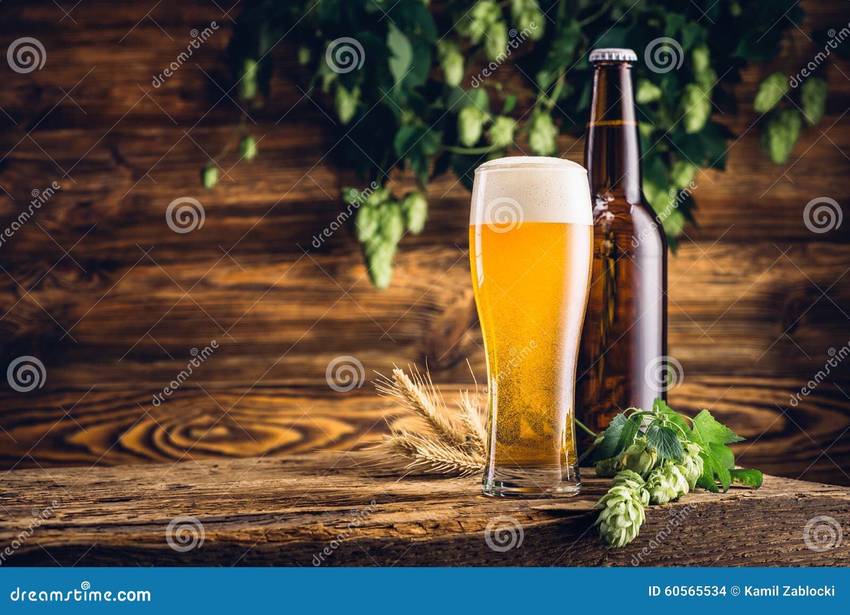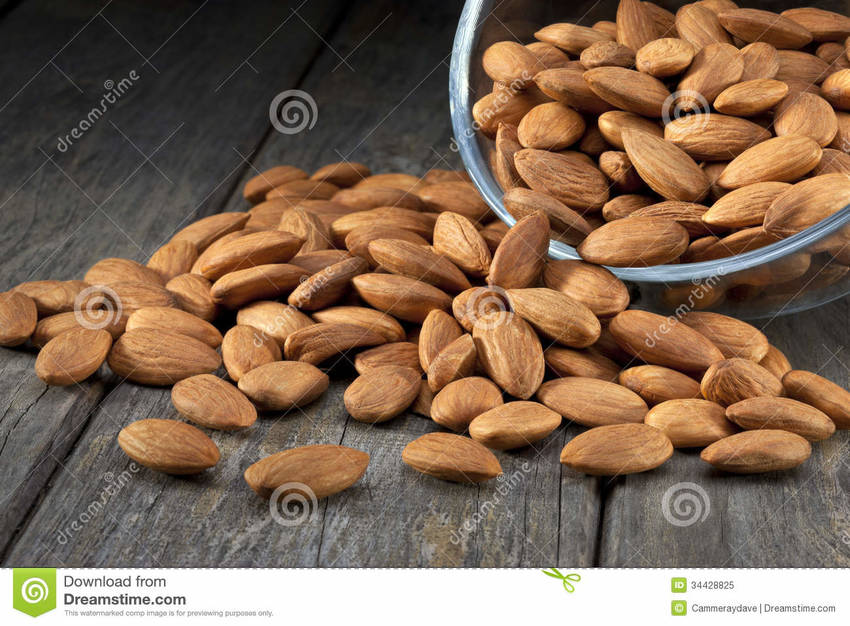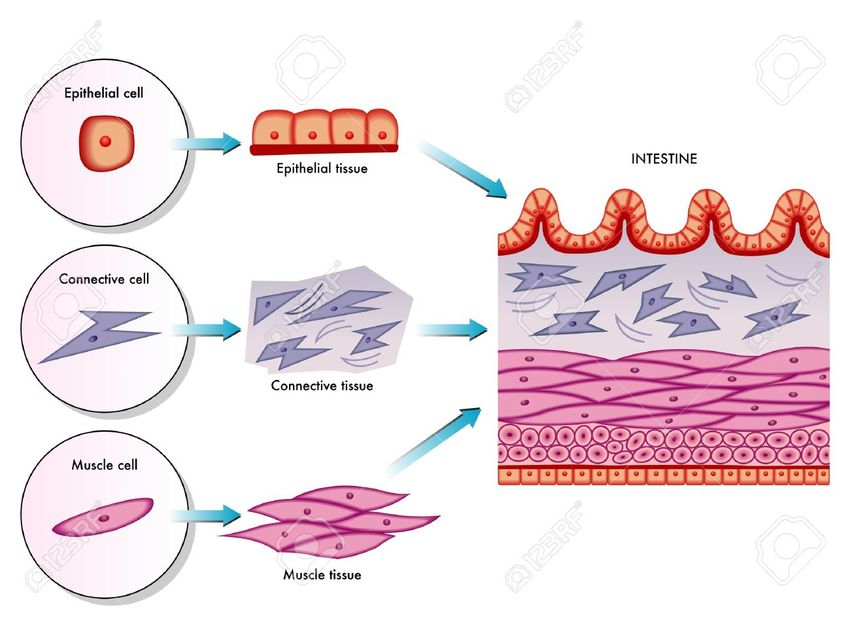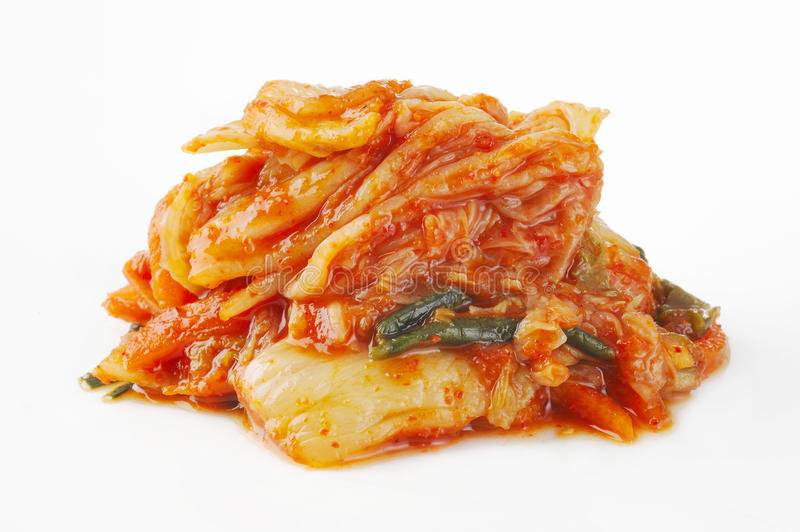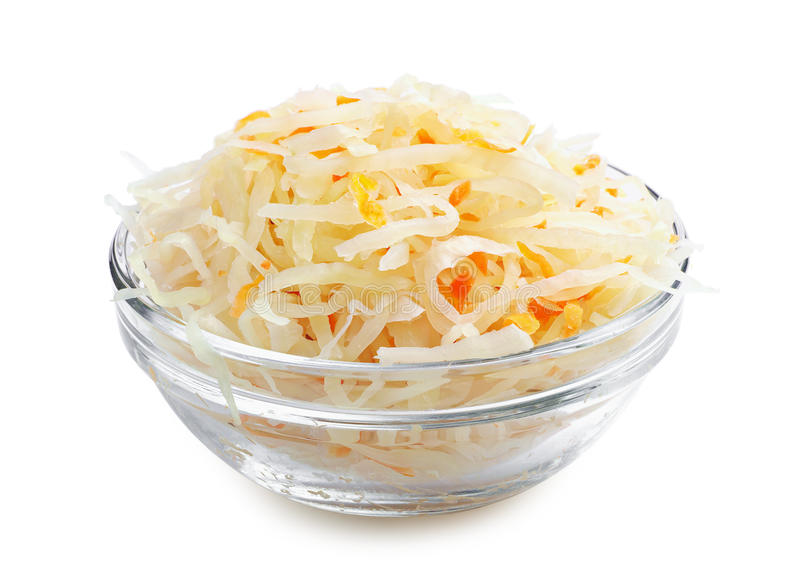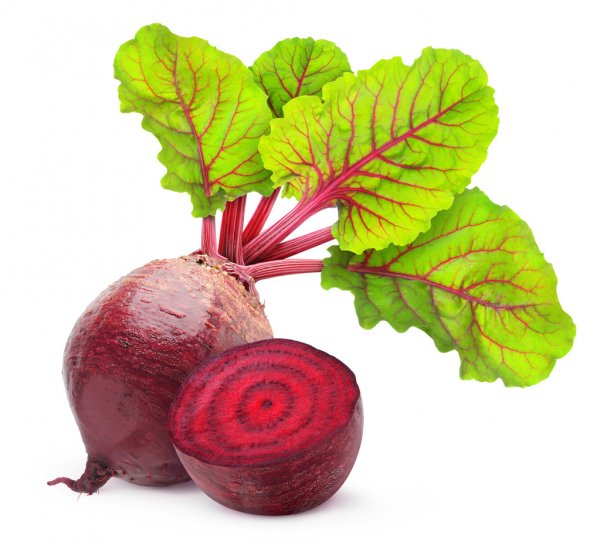The following is part two by guest author Dr. Nicole Apelian. She was among the first women selected for the History Channel’s hit TV show “Alone”. She has B.S and M.S. degrees in Biology from McGill University in Canada and the University of Oregon. She earned her Doctorate through Prescott College.
腸を元気にする 6 つのハーブ
以下は、ゲスト著者であるニコールアペリアン博士によるパート 2 です。彼女は、ヒ ストリーチャンネルの人気テレビ番組「アローン」に選ばれた最初の女性の一人でし た。 彼女は、カナダのマギル大学およびオレゴン大学で生物学の学位を取得し、学士号と修 士号を持っています。彼女はプレスコット大学で博士号を取得しました。
私は、腸を癒し、健康な微生物叢を促進する 霊芝・ライオンのたてがみ・七面鳥の尾 の薬用キノコ・オオバコ・アスリッパリーニレ・マシュマロ、6 つの特別なハーブを使 用しています。この植物は、炎症を軽減し、重要なプレバイオティクスを提供し、腸の 再生と治癒を可能にする保護膜を腸内に形成するのに役立ちます。追加の利点は、以下 で説明します。
霊芝(Ganoderma lucidum)
霊芝は、炎症の増加・ホルモンの不均衡・高コルチゾール、疲労などのストレスによる 悪影響に対して身体を強化する優れたアダプトゲンハーブです。ストレスが炎症を引き 起こす可能性があるため、霊芝は 多発性硬化病の場合に特に重要です。また霊芝も若 返りの睡眠を促し、副腎の健康を促進し、健康な免疫反応をサポートします。さらに、 神経保護作用があり、アレルギーを鎮め、抗ウイルス作用もあります。
ライオンのたてがみ (Hericium erinaceus)
ライオンのたてがみキノコは、神経系を強化し、腸の炎症に対処するため、多発性硬化 症を管理するためのもう一つの優れた漢方薬です。また、ミエリン鞘として知られる神 経線維を取り囲む保護的な脂肪コーティングの修復に必要な神経成長因子の促進にも役 立ちます。多発性硬化症の患者の場合、ミエリン鞘は重度の損傷を受けていることがよ くあります。このタンパク質は、学習・記憶・集中力に関与するニューロンを維持しま す。 研究により、ライオンのたてがみは認知機能も改善する効果もあることが証明さ れています。
七面鳥の尾 (トラメテス癜風)
もう一つ抗炎症作用のある薬用キノコは七面鳥の尾です。また、免疫システムの活性が 過剰になったり、活性が低下したりしないように調節するにも役立ち、自己免疫を管理 するための優れた漢方薬になります。 さらに、この印象的なキノコは優れたプレバイオティクスでもあり、カンジダと闘い、 小腸細菌の異常増殖 (SIBO) に対処します。
冬虫夏草 (Cordyceps militaris)
私は多発性硬化症を管理するために、毎日冬虫夏草の抽出物も使用しています。霊芝と
同様に、冬虫夏草は何世紀にもわたって伝統的な中国医学で使用されていました。冬虫
夏草は多発性硬化症患者にとって重要な考慮事項である神経細胞死を減らす神経保護特
性があることが知られています。このユニークなキノコは抗炎症作用があり、エネルギ
ーの改善に役立ちます。
また冬虫夏草は、抗菌性・抗バクテリア・抗ウイルス・抗真菌剤、抗原虫作用もあり、
腸の健康状態不良に対処するのに役立ちます。冬虫夏草は抗がん作用があり、血糖値も
調節する効果があります。最後に、オオバコ・アスリッパリーニレ・マシュマロの根が
炎症を鎮め、粘膜を落ち着かせ、腸の再生を助ける保護層を形成します。私がこの植物
はリーキーガットの治癒に不可欠であることがわかりました。
天然ハーブと治療法についてさらに詳しく知りたい場合は、ニコール・アペリアン博士
の著書『The Lost Book of Herbal Remedies: The Healing Power of Plant
Medicine』をここから入手できます。
割引料金で購入するには、チェックアウト時にクーポン WELCOME10 を使用し、最初の 注文から 10% オフにしてください。ニコールが日常的に多発性硬化症をどのように管
理しているかについては、彼女の詳細ブログをお読みください。 ありがとう!
• 霊芝は血管拡張作用があるため、出血性疾患のある方や手術前の使用は禁忌で す。
** Mase G. (2012)。 薬用キノコ: 主要な種の簡単な歴史と概要。2016 年 8 月
27 日に http://www.vtherbcenter.org/wp-
content/uploads/2012/04/Medicinal-Mushrooms.pdf
より取得する。
• この記事の内容は情報提供のみを目的とし、医学的アドバイスを構成するもので
はなく、診断や治療の代替を意図したものではないことにご注意ください。病状
に関する質問がある場合は、必ず資格のある医療提供者のアドバイスを求めてく
ださい。この Website を読んだことを理由にして、専門の医学的アドバイスを
無視したり、アドバイスを求めるのを遅らせたりしないでください。医療上の緊
急事態が発生した場合は、直ちに医師または 911 に電話してください。 この
Website が提供する情報を信頼する場合は、お客様ご自身の責任で行ってくださ
い。
• ニコール・アペリアン博士は、薬草医・母親・サバイバルスキルのインストラク
ター・人類学者・生物学者です。彼女はカナダのマギル大学およびオレゴン大学
で生物学の学位を取得し、学士号と修士号を持っています。彼女はボツワナで人
類学者および民族植物学者として働きながらプレスコット大学で博士号を取得し
ました。
彼女は、今も狩猟採集民として暮らしている最後の先住民族のひとつであるカラ
ハリ砂漠のサン・ブッシュマンたちと一緒に自然の中で何年も暮らしてきまし
た。
部族内で強い関係を現像することで、ニコールは現在実践し教えている治療法や
スキルの多くを学び、非営利団体「The Origins Project」を通じてサン族との
活動を続けています。
2000 年に多発性硬化症と予期せぬ診断を受け、ニコールは自分の研究スキルを
自分自身の健康に応用することになりました。彼女は、深い自然とのつながりや
感謝の習慣など、健康的な生活戦略に焦点を当てました。ライフスタイルを変
え、心と体の深いつながりを認識し、独自の治療法を作成して使用することによ
って、ニコールは寝たきりから完全に生き、生存から繁栄へと成長しました。
彼女は、苦しんでいるたくさんの人々が自分自身の治療法を見つける必要がある
と信じています。
これが彼女の人生の使命となり、著書『The Lost Book of Herbal Remedies:
The Healing Power of Plant Medicine』を執筆する主な理由となった。その中
に彼女は 28 年以上にわたる植物の知識と、湿布・チンキ剤・煎じ薬・軟膏・注
入油、その他のハーブ療法を自分で作った直接の経験を注ぎ込みました。
2015 年、彼女はヒストリー チャンネルの人気テレビ番組「アローン」に史上初 めて選ばれた女性の一人でした。多発性硬化症を患っていたにも関わらず、彼女 は狩猟用ナイフとそこで見つけた野生の食べ物と薬だけを持って、バンクーバー
島の人里離れた地域で 57 日間連続で一人で生き続けた。
ニコール・アペリアン博士について詳しくは、こちらをご覧ください。
https://nicoleapelian.com/. https://www.instagram.com/ nicole_apelian/https://www.facebook.com/nicoleapelian survival/
I use six specific herbs that heal the gut and promote a healthy microbiome: reishi, lion’s mane, and turkey tail medicinal mushrooms, along with plantain, slippery elm, and marshmallow. These botanicals help to calm inflammation, provide important prebiotics, and create a protective coating in the gut that allows it to regenerate and heal. They also have additional benefits, which we will explore below.
Reishi (Ganoderma lucidum)
(Link for reishi photo: https://nicolesapothecary.com/products/reishi-mushroom-tincture)
Reishi mushroom is an outstanding adaptogenic herb that strengthens the body against the negative effects of stress — such as increased inflammation, hormonal imbalance, high cortisol, and fatigue. This is particularly important if you have MS because stress can cause a flare. Reishi also encourages rejuvenating sleep, promotes adrenal health, and supports a healthy immune response. Moreover, it is neuroprotective, calms allergies, and is antiviral.
Lion’s Mane (Hericium erinaceus) (Link for lion’s mane photo:
https://nicolesapothecary.com/products/lions-mane-mushroom-tincture)
Lion’s mane mushroom is another impressive herbal medicine for managing MS as it fortifies the nervous system and addresses gut inflammation. It also helps to encourage Nerve Growth Factor (NGF), which is necessary for the repair of the protective, fatty coating surrounding nerve fibers known as the myelin sheath. For those with MS, the myelin sheath is often severely damaged. This protein maintains the neurons that are involved in learning, memory, and focus. Research has
established that lion’s mane also improves cognitive function.
Turkey Tail (Trametes versicolor)
(Link for turkey tail photo: https://nicolesapothecary.com/products/turkey-tail-mushroom-tincture)
Another anti-inflammatory medicinal mushroom is turkey tail. It also helps to modulate the immune system so that it is not over or under active, making it an excellent herbal remedy for managing autoimmunity. Turkey tail is exceptional for healing leaky gut, chronic fatigue syndrome, and treats a range of bacterial and viral infections as well. What’s more, this impressive mushroom is also an outstanding prebiotic, combats candida, and addresses small intestinal bacterial overgrowth (SIBO).
Cordyceps (Cordyceps militaris) (Link for cordyceps photo:
https://nicolesapothecary.com/products/cordyceps-mushroom-tincture)
Additionally, I use a cordyceps extract everyday to manage my MS. Similar to reishi, cordyceps has been used in Traditional Chinese Medicine for centuries. It is known to have neuroprotective properties that reduce neuronal cell death — an important consideration for those with MS. This unique mushroom is anti-inflammatory and helps to improve energy. It is also antimicrobial, antibacterial, antiviral, antifungal, and antiprotozoal, which is helpful for addressing poor gut health. Cordyceps is anti-cancer and regulates blood sugar as well.
Lastly, plantain, slippery elm, and marshmallow root calm inflammation, soothe mucous membranes, and create a protective layer that helps the gut to regenerate. I have found these botanicals to be essential for healing leaky gut.
If you would like to learn more about natural herbs and remedies, Dr. Nicole Apelian’s book, The Lost Book of Herbal Remedies: The Healing Power of Plant Medicine, is available here.
For access to Nicole’s Apothecary at a discounted rate, please use the coupon WELCOME10 at checkout for 10% off your first order. To learn how Nicole manages her MS on a daily basis, please read her detailed blog on this subject. Thank you!
Reishi is a vasodilator, so it is contraindicated for those with a bleeding disorder or for use before surgery. **Masé, G. (2012). Medicinal mushrooms: A brief history and overview of principal species. Retrieved on 08/27/2016 from http://www.vtherbcenter.org/wp-content/uploads/2012/04/Medicinal-Mushrooms.pdf
Please note that the contents of this article are for informational purposes only, do not constitute medical advice, and are not intended to be a substitute for diagnosis or treatment. Always seek the advice of a qualified health provider with any questions you may have regarding a medical condition. Never disregard professional medical advice or delay in seeking it because of something you have read on this website. In the event of a medical emergency, call a doctor or 911 immediately. Reliance on any information provided by this website is solely at your own risk.
Nicole Apelian, Ph.D.
Dr. Nicole Apelian is an herbalist, a mother, a survival skills instructor, an anthropologist, and a biologist. She has B.S and M.S. degrees in Biology from McGill University in Canada and the University of Oregon. She earned her Doctorate through Prescott
College while working as an anthropologist and ethnobotanist in Botswana.
She has spent years living in nature with the San Bushmen of the Kalahari Desert, one of the last indigenous peoples who still live as hunter-gatherers. Developing strong relationships within the tribe helped Nicole learn many of the remedies and skills she practices and teaches today and she continues her work with the San through her non-profit, “The Origins Project“.
An unexpected diagnosis of multiple sclerosis in 2000 led Nicole to apply her research skills towards her own personal wellness. She focused on a healthy living strategy, including deep nature connection and gratitude practices. Through changes in her lifestyle, recognizing profound mind-body linkages, and making and using her own remedies, Nicole went from bedridden to being fully alive and from surviving to thriving.
She believes that there are many more people suffering who need to find their own remedy. This became her life’s mission and the main reason for writing her book The Lost Book of Herbal Remedies: The Healing Power of Plant Medicine. In it she poured over 28 years of plant knowledge and her first-hand experiences of making her own poultices, tinctures, decoctions, salves, infused oils, and other herbal remedies.
In 2015 she was among the first women ever selected for the History Channel’s hit TV show “Alone”. Despite having MS, she went on to survive solo for 57 days straight in a remote area of Vancouver Island with little more than her hunting knife and the wild foods and medicines she found there.
For more about Dr. Nicole Apelian please visit https://nicoleapelian.com/. https://www.instagram.com/nicole_apelian/https://www.facebook.com/nicoleapeliansurvival/
References:
Philip, A., & White, N. D. (2022). Gluten, Inflammation, and Neurodegeneration. American journal of lifestyle medicine, 16(1), 32–35. https://doi.org/10.1177/15598276211049345
Esmaeil Amini, M., Shomali, N., Bakhshi, A., Rezaei, S., Hemmatzadeh, M., Hosseinzadeh, R., Eslami, S., Babaie, F., Aslani, S., Torkamandi, S., & Mohammadi, H. (2020). Gut microbiome and multiple sclerosis: New insights and perspective. International immunopharmacology, 88, 107024. https://doi.org/10.1016/j.intimp.2020.107024
Jangi, S., Gandhi, R., Cox, L. et al. Alterations of the human gut microbiome in multiple sclerosis. Nat Commun 7, 12015 (2016). https://doi.org/10.1038/ncomms12015
Shahi, S. K., Freedman, S. N., Murra, A. C., Zarei, K., Sompallae, R., Gibson-Corley, K. N., Karandikar, N. J., Murray, J. A., & Mangalam, A. K. (2019). Prevotella histicola, A Human Gut Commensal, Is as Potent as COPAXONE® in an Animal Model of Multiple Sclerosis. Frontiers in immunology, 10, 462. https://doi.org/10.3389/fimmu.2019.00462
Which type of mushrooms do you regularly eat?


